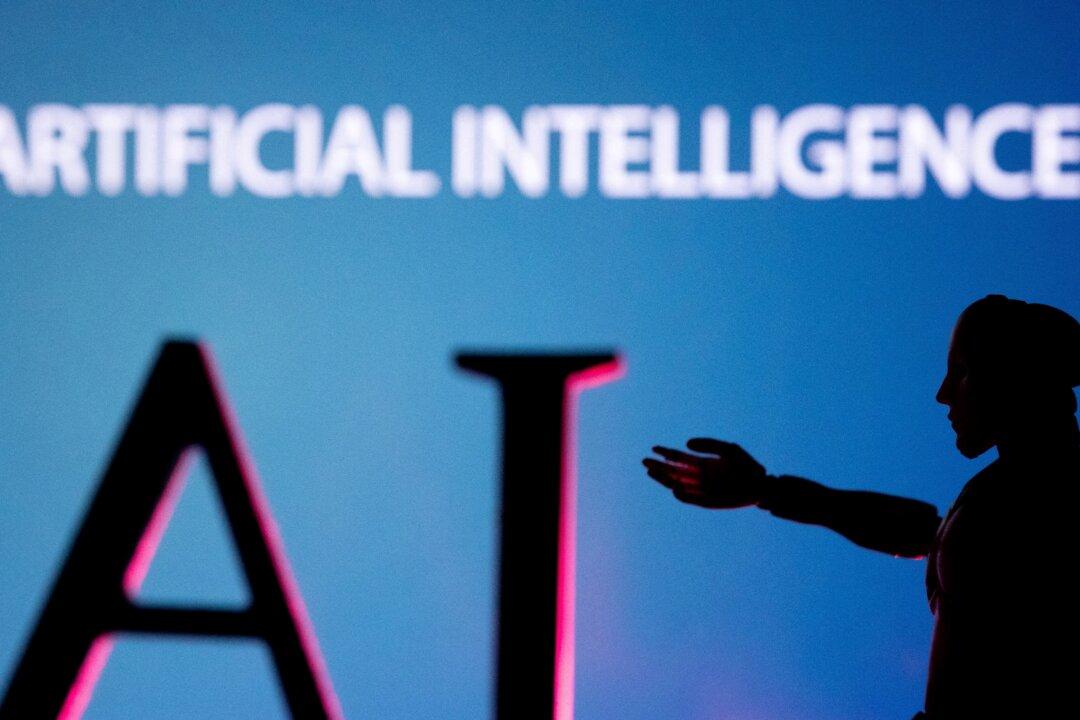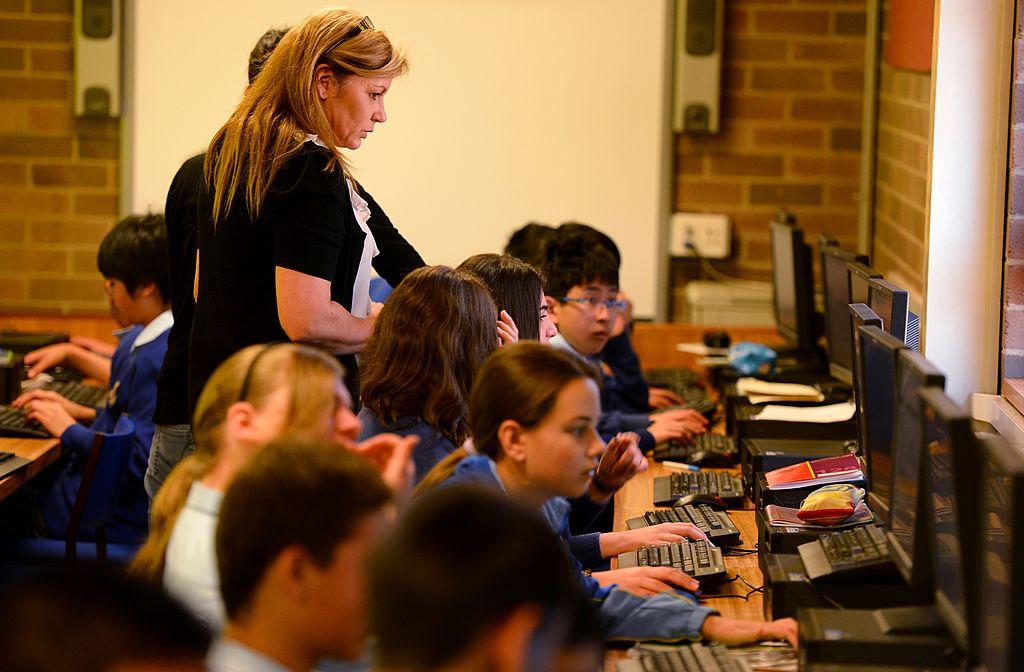Artificial intelligence (AI) will likely cause early disruptions in finance, banking, and human resources jobs requiring higher education, a report has found.
Future Skills Organisation (FSO) report (pdf), in collaboration with Mandala Partners, aimed to explore the potential impact of AI on Australia’s training systems, given the recent increase in AI use in the public domain.





